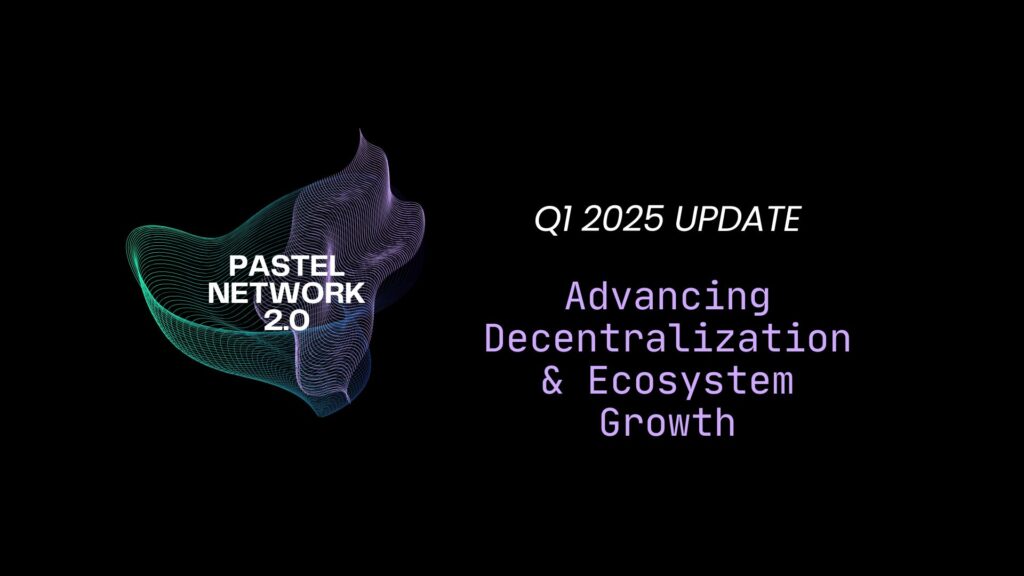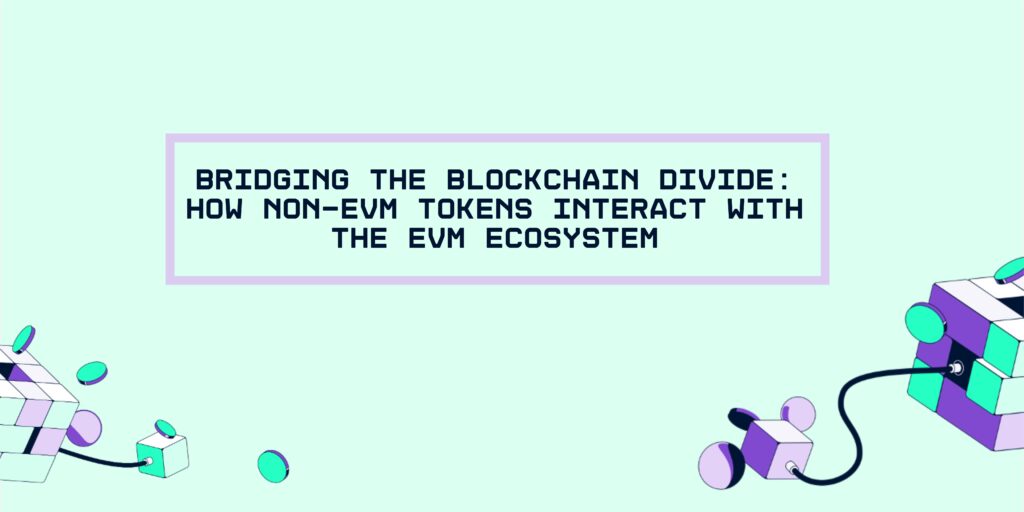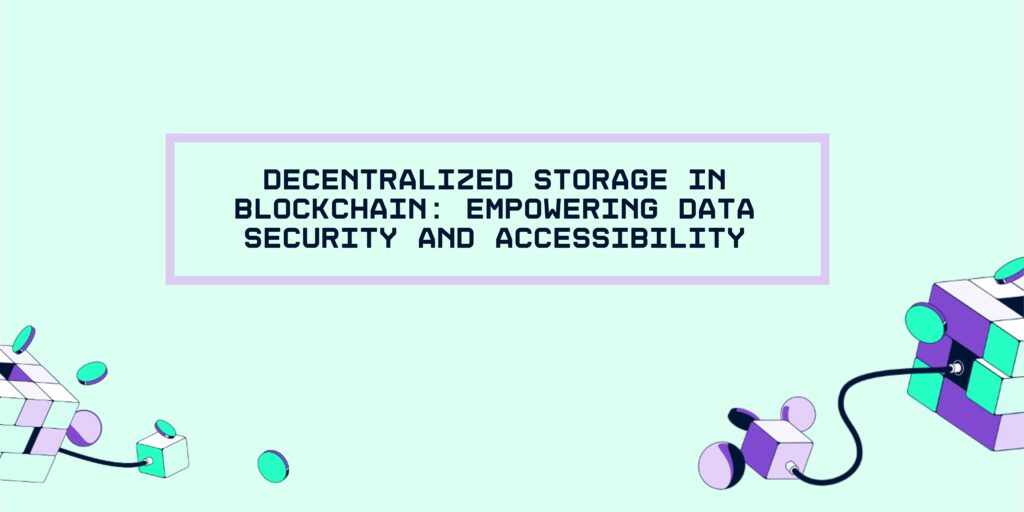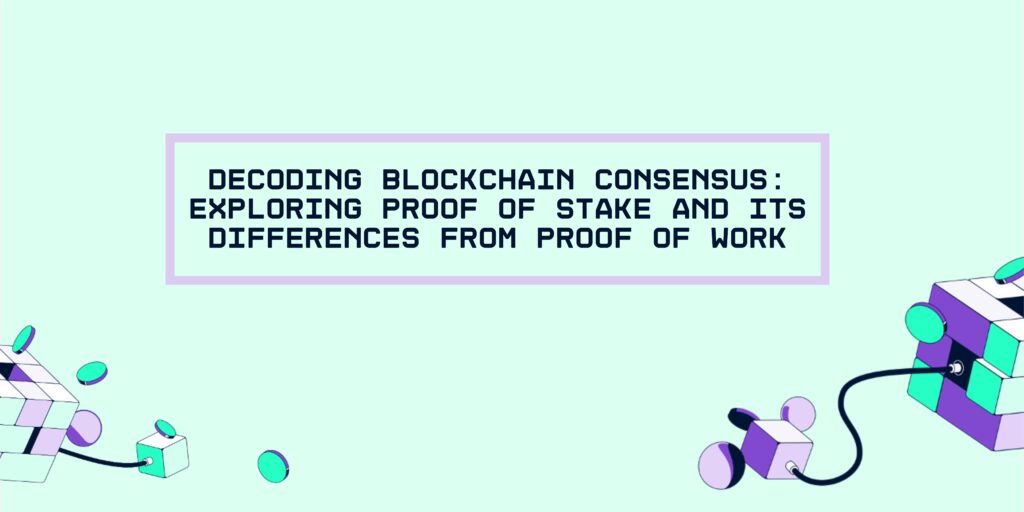Non-Fungible Tokens (NFTs) have captured the world’s attention, primarily through digital art and collectibles. However, the potential applications for NFTs extend far beyond these initial use cases. As blockchain technology advances and more industries explore the benefits of NFTs, we can expect a wide range of innovative and impactful applications. This article delves into the future use cases of NFTs across various sectors.
1. Real Estate
Virtual and Physical Property Ownership: NFTs can revolutionize the real estate industry by tokenizing both virtual and physical properties. Each NFT can represent a unique piece of real estate, providing a verifiable and immutable proof of ownership.
- Fractional Ownership: NFTs can enable fractional ownership of properties, allowing multiple investors to own a share of a single property. This democratizes real estate investment and provides liquidity to a traditionally illiquid market.
- Simplified Transactions: Smart contracts can automate real estate transactions, reducing the need for intermediaries and streamlining the process of buying, selling, and transferring property ownership.
2. Identity and Personal Data
Decentralized Digital Identity: NFTs can provide individuals with a decentralized digital identity, allowing them to own and control their personal data.
- Self-Sovereign Identity: Users can create NFT-based identities that they fully control, without relying on centralized authorities. This can enhance privacy and security, reducing the risk of data breaches.
- Verification and Credentials: NFTs can represent verified credentials, such as academic degrees, professional certifications, and government-issued IDs. These credentials can be easily verified and transferred, simplifying processes like job applications and travel.
3. Gaming and Virtual Worlds
In-Game Assets and Virtual Goods: NFTs are set to transform the gaming industry by enabling true ownership of in-game assets and virtual goods.
- Interoperability: NFTs can allow assets to be used across different games and virtual worlds. For example, a weapon acquired in one game could be transferred and used in another game, enhancing the player experience.
- Play-to-Earn Models: Players can earn NFTs through gameplay, which they can then sell or trade in secondary markets. This creates new economic opportunities for gamers and developers alike.
4. Intellectual Property and Royalties
Digital Rights Management: NFTs can provide a more efficient way to manage intellectual property rights and royalties.
- Automated Royalties: Smart contracts can ensure that creators receive royalties each time their work is sold or used. This can be particularly beneficial for artists, musicians, and writers, providing them with a continuous revenue stream.
- Proof of Authenticity: NFTs can serve as proof of authenticity for digital and physical works, helping to combat counterfeiting and ensuring that buyers are purchasing genuine items.
5. Healthcare
Medical Records and Data Sharing: NFTs can improve the management and sharing of medical records, ensuring patient privacy and data integrity.
- Personal Health Records: Patients can have NFTs representing their health records, which they control and share with healthcare providers as needed. This can improve the accuracy and efficiency of medical care.
- Clinical Trials: NFTs can be used to track and verify participation in clinical trials, ensuring transparency and reliability in the research process.
6. Supply Chain and Provenance
Tracking and Verification: NFTs can enhance supply chain management by providing a transparent and immutable record of a product’s journey from production to sale.
- Anti-Counterfeiting: NFTs can verify the authenticity of high-value goods, such as luxury items, electronics, and pharmaceuticals. Buyers can trace the origin and history of a product, ensuring it is genuine.
- Sustainability: NFTs can track the environmental impact of products, allowing consumers to make informed choices about sustainability. Companies can use this data to prove their commitment to ethical and sustainable practices.
7. Entertainment and Media
Fan Engagement and Content Distribution: NFTs can create new ways for artists and content creators to engage with their audiences.
- Exclusive Content: Creators can release exclusive content as NFTs, providing fans with unique and limited-edition experiences. This can include special music tracks, videos, or artwork.
- Tokenized Tickets: NFTs can represent event tickets, ensuring authenticity and reducing scalping. Fans can also keep these NFTs as digital memorabilia.
8. Education and Certification
Digital Diplomas and Learning Records: NFTs can revolutionize the way educational achievements and certifications are issued and verified.
- Verified Credentials: Educational institutions can issue diplomas and certificates as NFTs, which can be easily verified by employers and other institutions. This reduces fraud and streamlines the verification process.
- Lifelong Learning Records: Individuals can maintain a comprehensive, blockchain-based record of their learning achievements throughout their lives, from formal education to online courses and professional development.
Conclusion
The future of NFTs extends far beyond digital art and collectibles. As blockchain technology continues to evolve, NFTs will unlock new possibilities across various sectors, from real estate and healthcare to gaming and education. By providing secure, verifiable, and transparent records of ownership and authenticity, NFTs will revolutionize how we interact with digital and physical assets, transforming industries and creating new opportunities for innovation and growth. The next decade promises to be an exciting time for the development and application of NFTs, paving the way for a more decentralized and connected world.







